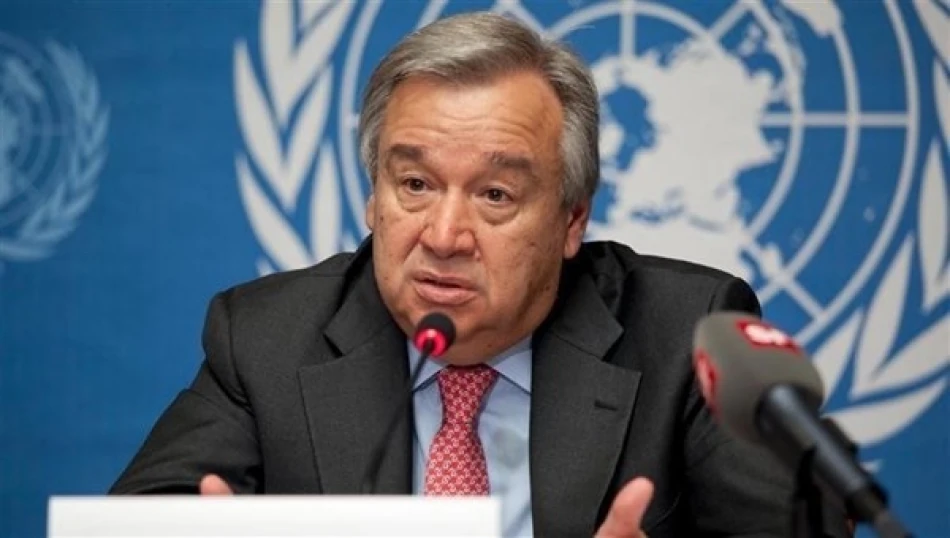
UN Secretary-General Condemns Israeli Airstrikes on Gaza Strip
UN Chief Condemns Israeli Strikes on Qatar as Regional Mediation Efforts Face New Threats
UN Secretary-General António Guterres has sharply criticized Israeli attacks on Qatar, calling them a "flagrant violation of Qatar's sovereignty and territorial integrity." The condemnation comes as Qatar plays a pivotal role in Gaza ceasefire negotiations, raising concerns that escalating regional tensions could derail critical diplomatic efforts to end the conflict and secure hostage releases.
Diplomatic Fallout Threatens Mediation Framework
Guterres emphasized Qatar's constructive role in ongoing efforts to broker a Gaza ceasefire and secure the release of all hostages held in the territory. Speaking to journalists, he stressed that "all parties should work toward achieving a permanent ceasefire in Gaza, not destroying it."
The timing of these attacks is particularly significant given Qatar's unique position as one of the few nations maintaining diplomatic channels with both Israeli officials and Hamas leadership. Doha has hosted multiple rounds of indirect negotiations between the parties, making it an indispensable mediator in the conflict.
Qatar's Strategic Importance in Regional Diplomacy
A History of Neutral Mediation
Qatar has built its foreign policy around strategic neutrality and mediation, successfully facilitating dialogue in conflicts from Afghanistan to Lebanon. The Gulf state's ability to maintain relationships across ideological divides has made it a go-to mediator for international powers seeking to resolve complex regional disputes.
The country's hosting of Hamas's political leadership, while controversial in some circles, has proven essential for any meaningful negotiations. Unlike other regional powers that have severed ties with the organization, Qatar's maintained channels provide one of the few pathways for diplomatic engagement.
Economic and Political Leverage
Beyond its diplomatic role, Qatar wields significant economic influence through its massive natural gas reserves and sovereign wealth fund. The country has historically used financial incentives to support ceasefire agreements, including funding reconstruction efforts in Gaza following previous conflicts.
Implications for Regional Stability
The UN chief's condemnation signals growing international concern that the conflict's expansion beyond Gaza could undermine broader regional stability. Attacks on Qatar, a key US ally hosting the largest American military base in the Middle East, risk complicating Washington's diplomatic strategy and potentially drawing additional parties into the conflict.
For international mediators, the incident highlights the fragile nature of diplomatic efforts in active conflict zones. Similar challenges have emerged in other regional conflicts where mediating nations found themselves targeted, often leading to the collapse of negotiation frameworks.
The Path Forward
Guterres's emphasis on achieving a "permanent ceasefire" rather than temporary pauses reflects growing international frustration with the cyclical nature of Gaza conflicts. His defense of Qatar's mediation role suggests the UN views Doha's continued involvement as essential to any sustainable resolution.
The international community now faces the challenge of protecting diplomatic channels while addressing legitimate security concerns of all parties. The success or failure of these efforts will likely determine whether the current conflict can be contained or will continue to destabilize the broader Middle East region.
Most Viewed News

 Layla Al Mansoori
Layla Al Mansoori






